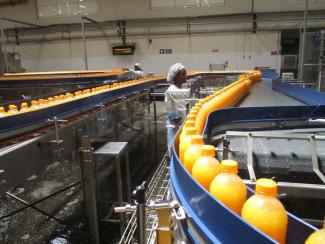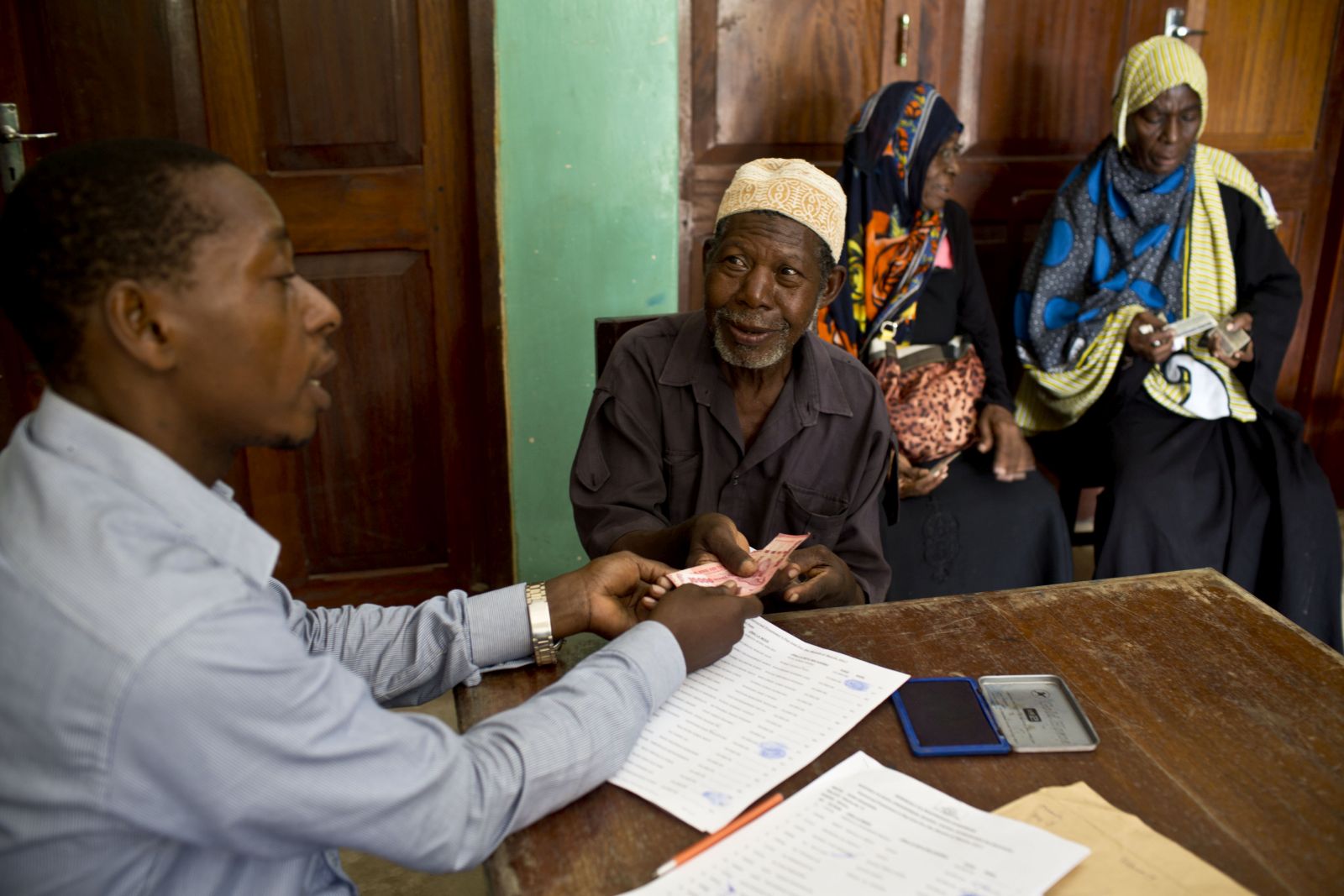Flagship report
12 to 15 million jobs

In October 2019, the AfDB launched a flagship report on African labour markets. In the first chapter, “An African manifesto”, Célestin Monga, the bank’s chief economist, summarises the most important points. According to him, some 12 to 15 million jobs must be created fast. Industrial parks could contribute to making that happen, and the point is to benefit from Africa’s comparative advantages. In the author’s eyes, it does not make sense to copy the industrial models of other countries.
Monga argues that commodity processing and manufacturing offer the greatest opportunities. He wants the sheer endless potential of globalisation to be tapped in order to provide young people with gainful employment and stem their flight from rural areas.
So far, agriculture has been the most important sector, the AfDB author states, but it can neither absorb all people who need work, nor is it productive enough to ensure anything but very small incomes. Automation and modernisation could transform agriculture, giving rise to new kinds of jobs, for example in food processing or agriculture-related services. Facilitating non-farm employment is said to be essential (also note Shenggen Fan and Ousmane Badiane in D+C/E+Z e-Paper 2019/12, Tribune section). Industrial parks could prove useful in this context, contributing to the reduction of food imports and the increased involvement of smallholder farmers in global supply chains.
Monga proposes that every African government should strive to generate industrial jobs for 80 % to 90 % of those whose work is currently of low productivity. He insists that it must become easier and cheaper to start businesses, and that the prospect of rising productivity is essential. Governments should assess what industries are competitive – or might become competitive fast – and support them by establishing special zones with low production and distribution costs.
All too often, poor infrastructure and rigid labour laws are disincentives, Monga writes. Special economic zones could make a difference, especially if they attracted foreign investors. Relevant aspects include good infrastructure, low taxation and flexible labour regulations. Linking industrial parks to export zones, moreover, could drive foreign trade with positive impacts on issues such as technology transfer, vocational training, human-capacity development and knowledge management.
The author advises African governments to cooperate with the private sector, educational institutions and civil-society agencies on improving vocational training. He warns that foreign investors often shy away from African engagements because they fear skills shortages. Meaningful policies include:
- well-designed skills training in strategically relevant industries,
- coordination with school curricula,
- financial contributions from employers,
- financial compensation for productive work during skills training,
- skills training for unemployed persons, especially in rural areas,
- advanced skills training for people who are already employed, and
- job centres that deliver employment services.
Monga emphasises that the demand for skilled labour is rising fast, but African education systems tend not to be up to task. Drop-out rates are very high, with girls and young women being affected in particular.
Source
Monga, C., 2019: An African manifesto. In: Monga, C., Shimeles, A., Woldemichael, A., 2019: Creating decent jobs. Strategies, policies and instruments. African Development Bank policy research document 2: 1-56.













